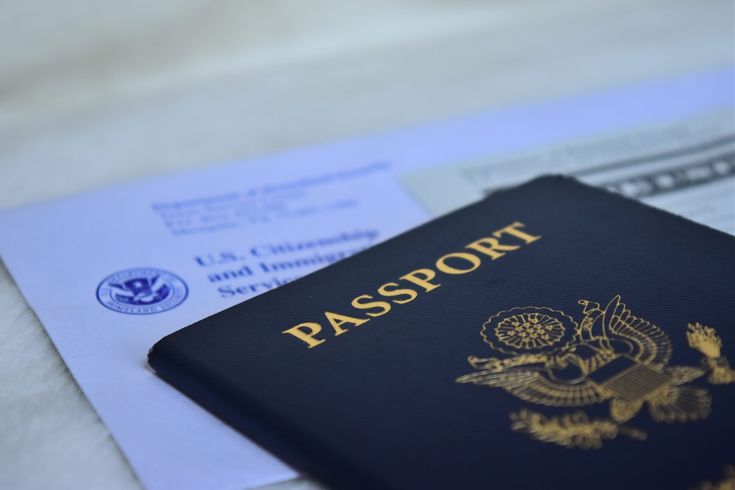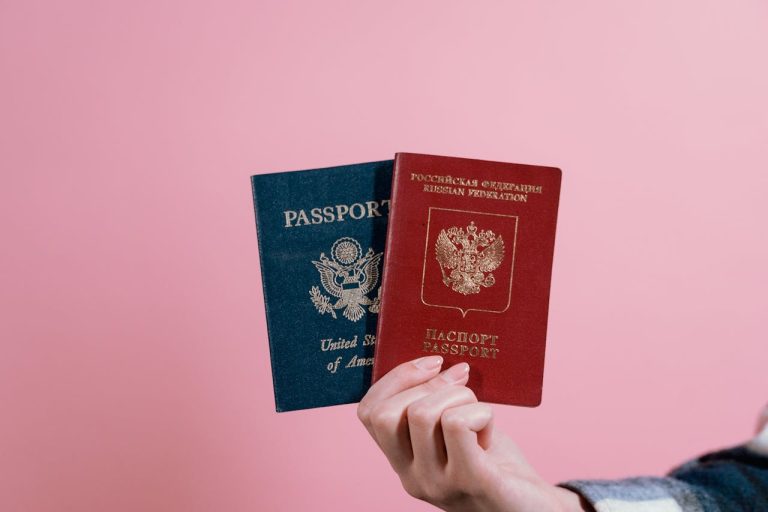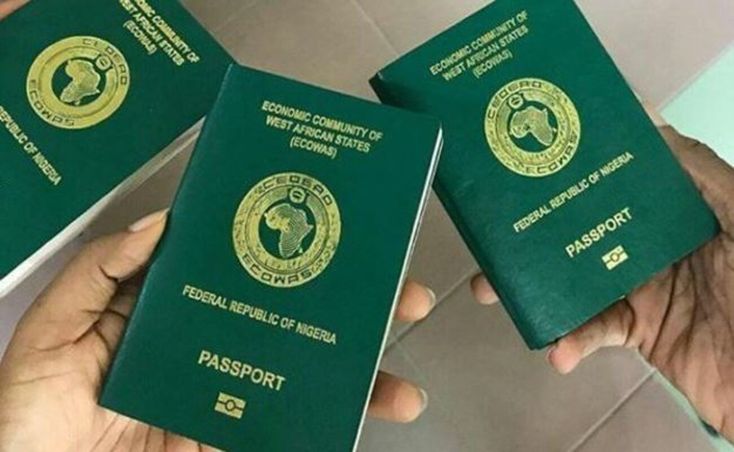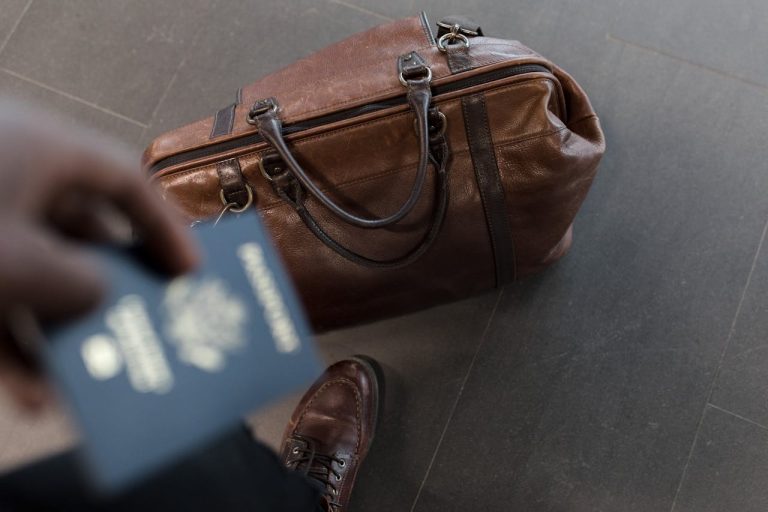Obtaining citizenship in a foreign country is an aspiration for many Nigerians seeking better opportunities, stability, and security. Citizenship offers a wealth of benefits, including the right to reside and work in the country without restrictions, access to social services, and protection under the law. However, the path to acquiring citizenship is often long, complex, and filled with challenges, especially for Nigerian applicants. These challenges range from legal hurdles to cultural barriers, economic considerations, and socio-political factors in the host country. This article provides an in-depth exploration of the major challenges Nigerians face when applying for citizenship abroad and strategies to navigate these obstacles successfully.
Understanding the Types of Citizenship
Before delving into the specific challenges Nigerians face, it is essential to understand the various types of citizenship pathways available in foreign countries. These include:
- Citizenship by Birth: Some countries automatically grant citizenship to individuals born within their territory. However, this is not common in most European or African countries and is more prevalent in countries like the United States and Canada.
- Citizenship by Descent: This is granted if a person has parents or grandparents who are citizens of a particular country. Nigerians with foreign ancestry may be eligible for this pathway.
- Citizenship by Naturalization: This is the most common route for foreigners seeking citizenship. It usually involves residing in the country for a specified number of years, meeting certain legal and economic requirements, and demonstrating knowledge of the country’s language and culture.
- Citizenship by Marriage: Many countries allow foreign spouses of citizens to apply for citizenship after being married for a specified period.
- Citizenship by Investment: Some countries offer citizenship in exchange for substantial financial investment in the country’s economy. This is often known as “economic citizenship.”
Legal and Bureaucratic Challenges
One of the foremost challenges Nigerians face when applying for citizenship in foreign countries is navigating the complex legal and bureaucratic systems. Each country has its own set of requirements, processes, and timeframes for citizenship applications, and these can be particularly difficult to understand without proper legal guidance.
Lengthy Processing Times
In many countries, the naturalization process can take years, sometimes even over a decade. For instance, in countries like the United States, the United Kingdom, and Germany, applicants must often wait several years before they can even begin the citizenship application process. In some cases, there are additional delays due to background checks, security clearances, and paperwork processing. Nigerian applicants, particularly those from regions flagged for security concerns, may experience additional scrutiny, prolonging the process.
Complicated Documentation Requirements
Another bureaucratic challenge is the stringent documentation requirements. Citizenship applications often require proof of residence, tax filings, employment history, language proficiency certificates, and other documents that may not be easily accessible. For Nigerians, obtaining some of these documents, such as police clearance certificates or official translations of documents, can be time-consuming and complicated. Additionally, applicants may need to provide Nigerian documents like birth certificates or marriage certificates that may not be recognized in their original format in the host country, requiring them to seek legal translations or notarizations.
Changing Immigration Laws
Another critical challenge is the unpredictability of immigration laws. Many countries regularly change their immigration policies, sometimes in ways that negatively affect potential citizens. For example, countries in Europe and North America have tightened their immigration policies in recent years, making it harder for Nigerians to qualify for citizenship. Brexit in the UK is a prime example of how political changes can suddenly alter the citizenship landscape, leaving applicants who have already invested years in the process in uncertain positions.
Economic Barriers
The economic requirements for citizenship can be prohibitive for many Nigerians. In many countries, applicants must demonstrate a stable source of income, meet specific financial thresholds, or invest in the country’s economy.
High Costs of Application
Citizenship application fees can be exorbitant, particularly in developed countries. For example, the United States charges significant fees for naturalization applications, while countries like Canada and Australia also have high costs associated with citizenship applications. Nigerians, especially those from middle- or lower-income backgrounds, may struggle to afford these fees, particularly when combined with the costs of legal representation, document acquisition, and language tests.
Economic Citizenship Programs
While some Nigerians may consider economic citizenship programs in countries like Malta, St. Kitts and Nevis, or Cyprus, these programs often require a substantial financial investment—sometimes amounting to hundreds of thousands of dollars. For the average Nigerian, this is an unattainable figure, limiting access to citizenship in countries that offer this fast-track option.
Employment and Income Verification
Many citizenship pathways require proof of sustained employment and income. This can be a significant challenge for Nigerian applicants, particularly those who work in informal sectors or who do not have a clear tax record in their home country. Additionally, for applicants relying on remittances or informal employment, proving financial stability can be a barrier to meeting the economic requirements of citizenship.
Cultural and Language Barriers
Successfully integrating into a new country’s culture and language is a significant aspect of the citizenship process. Many countries require applicants to demonstrate proficiency in the local language and knowledge of the country’s culture and history.
Language Proficiency Tests
Countries like Germany, France, and the Netherlands require applicants to pass language proficiency exams before being granted citizenship. For Nigerians whose primary languages are English or indigenous languages, learning a new language to a proficient level can be a daunting challenge. The costs associated with language classes and testing can also be prohibitive for some applicants.
Cultural Integration
Many countries expect prospective citizens to integrate into their society fully. This often means understanding and adhering to local customs, laws, and societal norms, which may be vastly different from those in Nigeria. Cultural differences can make it difficult for Nigerians to navigate the social dynamics of their new country. For example, Nigerians who move to Western or Asian countries may face challenges related to religious practices, dress codes, and communication styles.
Social Discrimination
In some countries, Nigerians may encounter racial or ethnic discrimination, which can make the citizenship process more difficult. Host countries with significant anti-immigrant sentiments may create additional hurdles for Nigerians seeking citizenship. Discriminatory practices may manifest in the form of biased treatment by immigration officers, unequal access to social services, or even outright xenophobia from local populations.
Navigating Dual Citizenship Complexities
Nigeria allows its citizens to hold dual citizenship, but many countries do not. Navigating the complexities of dual citizenship can be challenging for Nigerians, particularly when the host country requires applicants to renounce their Nigerian citizenship.
Renunciation of Nigerian Citizenship
Some countries, like Germany and Austria, do not allow dual citizenship and require applicants to renounce their original nationality. For Nigerians, renouncing their citizenship can be a deeply emotional and legal dilemma. Nigeria’s constitution allows for dual citizenship if one is Nigerian by birth, but this flexibility does not always align with the laws of other countries. Applicants must weigh the benefits of acquiring new citizenship against the loss of rights and privileges associated with Nigerian citizenship, including access to land ownership and political participation in Nigeria.
Tax Implications
Dual citizenship can also create complicated tax scenarios. Nigerians who become citizens of countries like the United States or Canada may face dual taxation on their income, as both countries have extensive tax regimes that apply to citizens regardless of where they reside. Navigating these tax laws can be confusing and costly, especially for those who earn income in multiple countries.
Socio-Political Factors
The socio-political climate of both Nigeria and the host country can influence the citizenship process. In some cases, Nigerians may face additional scrutiny due to political instability or security concerns in Nigeria.
Political Instability and Security Concerns
Nigeria has experienced various security challenges, including terrorism, banditry, and kidnappings in some regions. These issues can raise red flags during the citizenship application process, as applicants from politically unstable countries are often subjected to more stringent background checks and security clearances. This additional scrutiny can delay the process or result in applications being denied.
Perception of Nigerians Abroad
The international perception of Nigerians can also affect citizenship applications. While many Nigerians contribute positively to their host countries, the actions of a few individuals involved in fraudulent or illegal activities have sometimes led to negative stereotypes. These perceptions can influence the decision-making process of immigration officers or citizenship review boards, making it more difficult for Nigerian applicants to be seen as desirable citizens.
Strategies for Navigating Citizenship Challenges
Despite the myriads of challenges, there are strategies Nigerians can adopt to improve their chances of successfully navigating the citizenship application process.
Seek Professional Legal Advice
Navigating the legal complexities of citizenship applications requires expert guidance. Hiring an immigration lawyer or legal consultant with experience in the host country’s laws can help Nigerians understand the specific requirements and avoid common pitfalls. Professional advice is particularly useful for complex cases involving dual citizenship, renunciation of nationality, or economic investment pathways.
Prepare Thorough Documentation
Meticulous preparation of documentation is crucial for a successful application. Nigerians should ensure that all required documents are accurate, up to date, and in the appropriate format for the host country. This includes obtaining certified translations and notarizations where necessary. Additionally, keeping thorough records of tax filings, employment, and residence history can help demonstrate compliance with citizenship requirements.
Invest in Language and Cultural Education
Learning the local language and understanding the culture of the host country can significantly increase the chances of a successful application. Nigerians should invest in language classes, cultural immersion programs, and study resources to prepare for language proficiency tests and interviews. Familiarity with local customs and societal expectations also helps applicants integrate more easily into their new environment.
Maintain a Clean Legal Record
Ensuring a clean legal and financial record is vital to navigating citizenship challenges. Nigerians should be diligent in adhering to local laws, paying taxes, and avoiding any actions that could result in criminal charges or financial penalties, which can negatively impact their citizenship application.
Utilize Nigerian Communities Abroad
Nigerian diaspora communities are present in many countries and can be a valuable resource for navigating the citizenship process. These communities often provide support networks, legal advice, and cultural connections that can ease the transition into a new country. Engaging with Nigerian associations, religious groups, and expatriate organizations can help applicants integrate socially and gain insights into the citizenship process from others who have successfully navigated it.
Navigating the challenges of citizenship applications as a Nigerian is a complex and often arduous process. From legal and bureaucratic hurdles to economic barriers, cultural integration, and socio-political factors, Nigerians face unique difficulties when applying for foreign citizenship. However, with careful planning, professional advice, and a proactive approach to overcoming these challenges, many Nigerians successfully acquire citizenship in countries around the world. Understanding the requirements, investing in education and cultural integration, and utilizing support networks are key strategies for navigating this journey. Ultimately, while the path to citizenship is rarely easy, it is achievable with determination, patience, and the right resources.








Leave a Comment